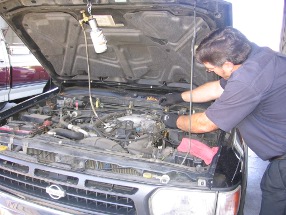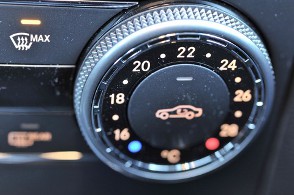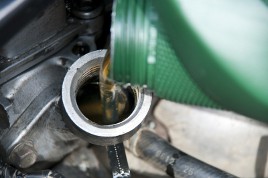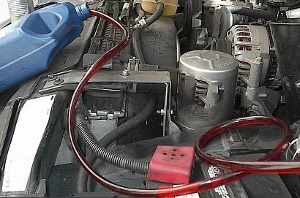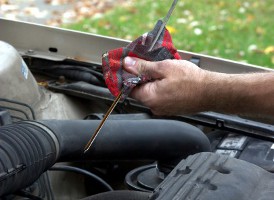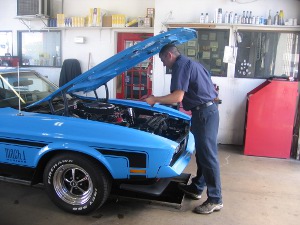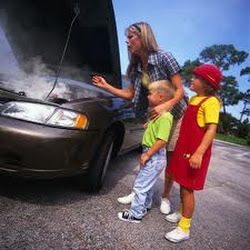 Don’t let your Fourth of July celebration be put on hold because your car is overheating! More than just the comfort and convenience of being able to control the temperature inside your vehicle, your car’s heating and cooling systems are necessary in preventing your vehicle from overheating due to extremely high operating temperatures. Your cooling system is what keeps your car from becoming too hot, so it’s a good idea to have it checked each time you have your car in for a routine service.
Don’t let your Fourth of July celebration be put on hold because your car is overheating! More than just the comfort and convenience of being able to control the temperature inside your vehicle, your car’s heating and cooling systems are necessary in preventing your vehicle from overheating due to extremely high operating temperatures. Your cooling system is what keeps your car from becoming too hot, so it’s a good idea to have it checked each time you have your car in for a routine service.
All the parts that make up the cooling system, the radiator, radiator top hose, radiator bottom hose, thermostat, thermostat housing, water pump, electric cooling fan, and a thermo-time switch, all work together to accomplish one thing. They move coolant around the engine so it can absorb and dissipate heat.
One of the main reasons for a car to overheat is a lack of coolant in the car’s cooling system. This happens if there is a leak somewhere in the system and the coolant is escaping or if fresh coolant hasn’t been put in the radiator. The radiator is the most prominent part of the cooling system. Every time you drive, your radiator uses up a coolant and water mixture that helps to lower the temperatures in your vehicle’s engine system and keep your car from overheating. The coolant that has traveled through the engine is pumped through the tubes of the radiator and is cooled off for another round. If your coolant isn’t changed, the hoses and passages get dirt and sludge built up in them and the coolant can’t flow rapidly enough to cool the engine. This is why it is important to have your coolant mixture replaced routinely. When the coolant breaks down there is more stress on your radiator and your engine runs hotter than normal. Dirt and deposits also build up and reduce your car’s performance. An extended use of bad coolant can result in damage to your radiator that would require it to be replaced.
Another cause for a car to overheat is a thermostat that’s stuck. If the thermostat is stuck in the closed position it blocks the coolant from flowing to your engine. A damaged water pump or cooling fan or a clogged radiator can also cause your car to overheat. These should all be looked at and diagnosed by a trained mechanic and not something that you should try to figured out alone.
The most important thing to remember if your car is overheating is don’t continue to drive it! Pull over and turn the car off, by doing that you might avoid the severe and costly damage that overheating can cause.
For all of your Denver Auto Repair needs, trust Express Car Care. Call (303) 691-2760 or stop by our shop today.


